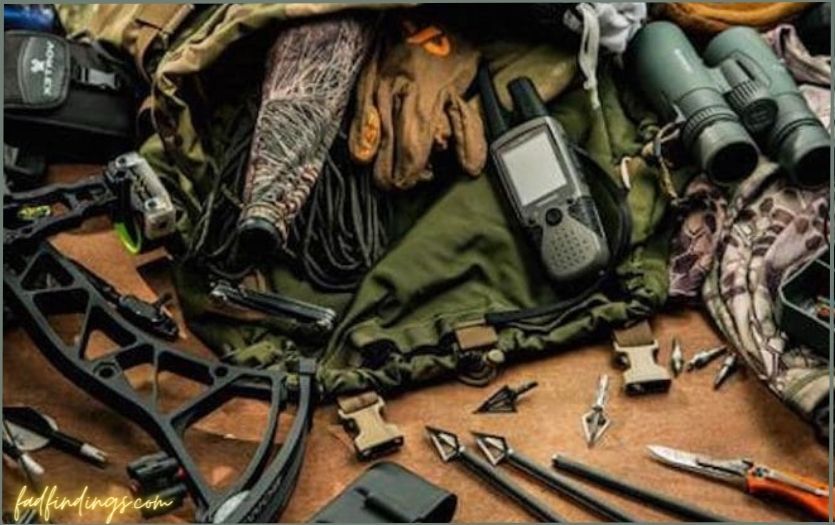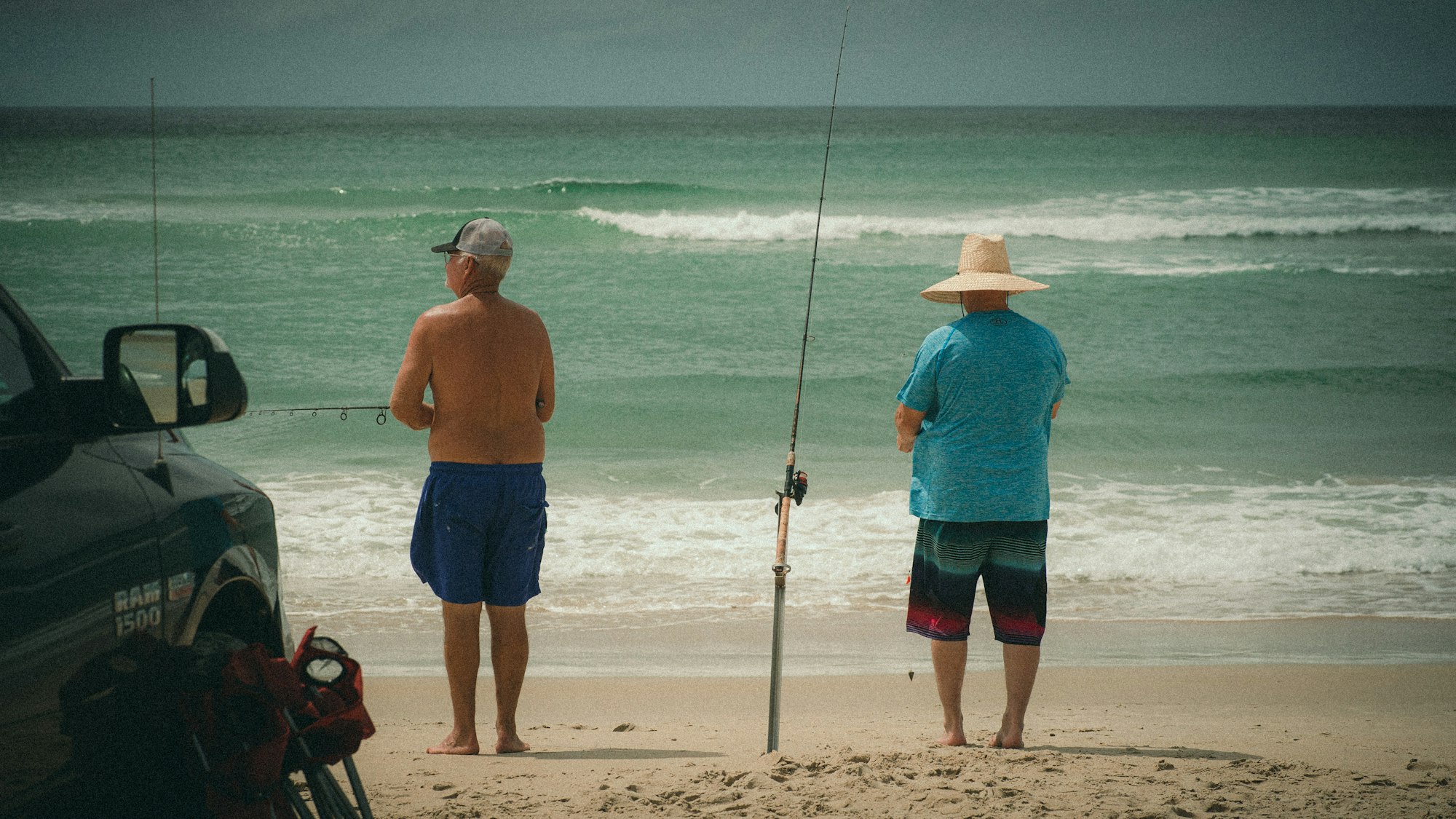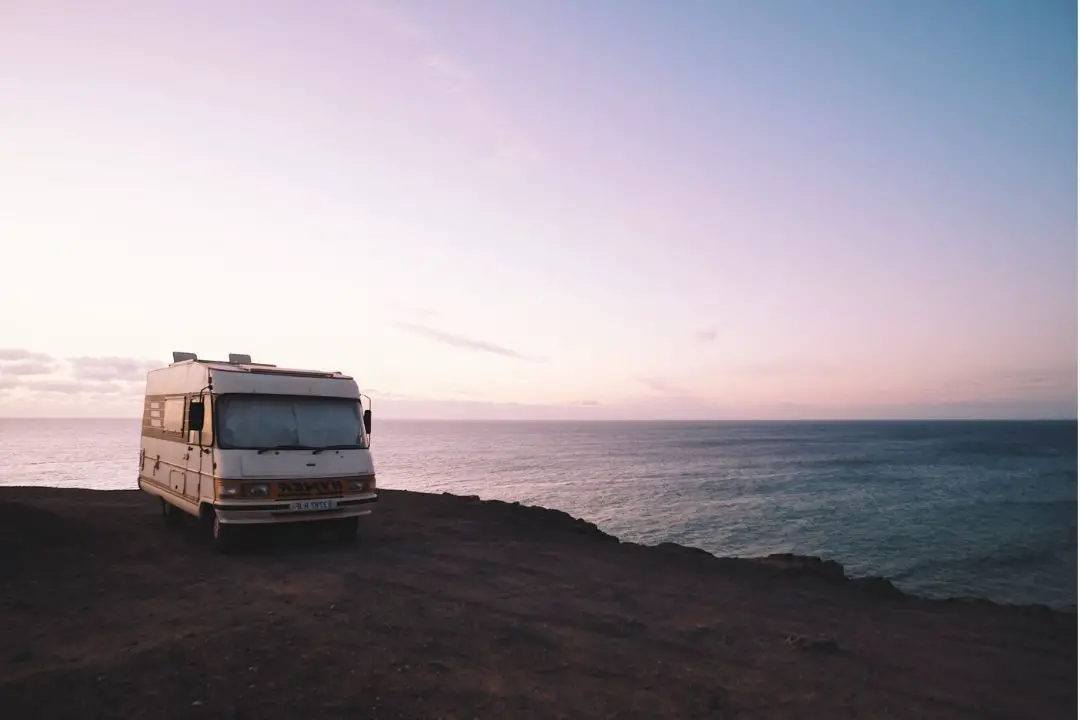Create the Ultimate Hunting Plan: Everything You Need to Include
Discover expert tips and tricks for developing a successful hunting strategy, from choosing the right gear to scouting locations and tracking games. Start planning your next hunting trip today with our comprehensive guide.
Are you planning a hunting trip? Don't overlook the importance of having a comprehensive hunting plan. It may seem tedious, but it's essential for ensuring that everyone stays safe and has an enjoyable experience.
Plus, creating a plan takes little effort compared to how much work it saves in the future! A good hunting plan should include when, where to hunt, who will be going, what gear to bring along, and how long you'll be gone.
Read on to learn more about each element of your hunting adventure so that you’re ready for success!
Setting Expectations for the Trip
Before embarking on any hunting trip, setting expectations and making everyone aware of the details are important. This ensures that everyone is on the same page and helps prevent any misunderstandings or mishaps along the way.
First off, decide when and where you will be hunting. Will you start bright and early each day or hunt into the evening? As for the where, are you sticking to one specific area or exploring different spots?
Next, figure out what kind of game you plan on pursuing. Are you after a big game, a small game, or a specific type of animal?
Lastly, go over what type of gear you will need to bring. You don't want anyone to be left out in the cold (literally).
By establishing these expectations in advance, you'll be able to focus on having a fun and successful hunting experience without worrying about any unnecessary hiccups.
So, make sure you communicate all the necessary details in a friendly and approachable manner and prepare to embark on a memorable adventure!

Choose a Hunting Area
When choosing a hunting area, you want to make sure you do your research. As a responsible hunter, having a hunting map and knowing the local hunting laws and regulations that may impact your hunt are important.
Bag limits and season dates are just some examples of the many restrictions that may be in place to ensure the long-term sustainability of wildlife populations. By taking the time to familiarize yourself with these laws, you can avoid costly fines and penalties and do your part to help protect the environment as a hunter for future generations.
This information can vary from state to state, so your research must be diligent. Additionally, knowing the hunting seasons in the area can help you plan your trip accordingly.
With some preparation and research, you can be confident that you are hunting safely and legally while respecting the natural world.
Prepare Your Gear

Getting ready for a hunting trip can be a lot of work, but it doesn't have to be stressful. You can be well-prepared for your outdoor adventure with a few simple steps.
First, make sure you have all the necessary supplies. Check your hunting gear and make necessary repairs so everything is in good working order.
Next, ensure everyone has adequate clothing and equipment, including firearms, ammunition, first-aid supplies, food, and water.
If you're planning a multi-day trip, don't forget camping gear!
By gathering and organizing your hunting itinerary in advance, you can focus on enjoying your time in the great outdoors.
Pick Your Party
Gather your tribe and get ready to take on the next adventure! As they say, it's always better to hunt in groups. But before setting out, it's important to identify who will be joining you on the trip.
Having a satellite phone in case you need to contact others for emergencies is a good idea. Having two-way radios to communicate with your hunting buddies is also important.
Take the time to learn about each other's qualifications and experiences to make the most of your time together. Divide the tasks and responsibilities among the group to ensure a smooth and enjoyable hunt.
So whether you're an expert in the field or a beginner looking to learn, pick your party wisely for a successful hunting trip.
Have a Backup Plan
When venturing into the great unknown, it's important to have a backup plan in case something unexpected occurs. Whether getting separated from the group or encountering bad weather, having a designated meeting area and evacuation plan in place can be a lifesaver.
Designating an emergency contact person who can quickly be reached is also critical. Don't rely on just one route for evacuation; instead, create multiple escape routes to ensure the safety of everyone involved.
A detailed backup plan can take time and effort to create, but the peace of mind it provides when out in the field is immeasurable.
Review Safety Tips
As a responsible hunter, it is important to prioritize safety above all else when venturing out into the wilderness.
Educating yourself on firearms safety rules, proper use of blinds or tree stands, and how to handle game animals can go a long way in ensuring a successful trip. However, even with proper preparation, emergencies can still arise. That's why sharing safety tips with each hunting party member is crucial.
Discussing protocols for staying safe in unpredictable situations, such as navigating through unfamiliar terrain or coping with a sudden injury, can provide peace of mind for everyone involved.
By prioritizing safety, hunters can focus on enjoying the exhilarating and rewarding experience of being in the natural world.
Check out the helpful video to plan out your first out-of-state hunt:
Frequently Asked Questions
Hunting can be a challenging and rewarding experience, but there are many things to consider before you go out into the wild.
If you're new to hunting, knowing where to start cannot be easy. So many questions need to be answered to have a successful trip.
We've compiled the most common questions beginner hunters ask and provided concise answers to help you better prepare for your next hunting excursion.
What information on your hunting plan can help law enforcement officials find you?
When it comes to your hunting plan, providing detailed information to law enforcement officials is crucial for your safety. By sharing important details such as the location of your hunting spot, your expected return time, and the names of any companions, law enforcement officials can more easily locate you in case of an emergency.
Additionally, sharing information on the type of gear you will be using and any potential hazards or risks in the area can help ensure that law enforcement officials are better equipped to handle any situation. Remember, the more information you can provide on your hunting plan, the better-prepared everyone will be.
So communicate openly and honestly with law enforcement officials before heading out on your next hunting adventure.
Where should you leave your hunting plan?
Leaving your hunting plan with someone you trust is a crucial safety measure every hunter should take. Whether it's a family member, a friend, or a hunting partner, ensure you provide them with all the necessary details, including your hunting location, expected return time, and any emergency contacts. In case of an unexpected event, this information can be critical in helping search and rescue teams locate you.
Moreover, you can also leave your hunting plan with the local law enforcement agency. This will give them important information in an emergency or if you are reported missing. It's always better to be safe than sorry, so take the time to share your hunting plan with someone before heading out.
Lastly, ensure that your hunting plan is up-to-date, as changes can occur, and you need to update those in your hunting plan. Remember, leaving your hunting plan with someone you trust can make all the difference regarding your safety. So be responsible and proactive, and always prioritize safety when planning your hunting trip.
What are some common hunting safety rules and regulations to follow?
Hunting can be a thrilling and rewarding experience, but it's important to prioritize safety above all else. Here are some common hunting safety rules and regulations to follow:
- Always wear appropriate safety gear, such as blaze orange clothing and a hunting vest.
- Handle firearms safely and keep them pointed in a safe direction.
- Know your target and what is beyond it before you take a shot.
- Follow all local hunting laws and regulations, including obtaining the necessary permits and licenses.
- Be aware of your surroundings and stay alert for any potential hazards.
- Communicate your hunting plan to someone you trust, and carry a physical copy.
- Stay hydrated and take breaks as needed to avoid exhaustion or dehydration.
- Respect wildlife and avoid disturbing their natural habitat.
Remember, safety should always be your top priority when hunting. Following these common safety rules and regulations can help ensure a safe and enjoyable hunting experience for yourself and those around you.
What is the purpose of a hunting plan?
A hunting plan serves several important purposes that can help ensure your safety and those of others around you.
Firstly, a hunting plan outlines your intended location and expected return time. This information can be crucial in an emergency, allowing law enforcement officers or another search party to locate you, if necessary, more easily.
Additionally, a hunting plan helps you stay organized and prepared for your hunting trip, ensuring you have all the necessary equipment and supplies. It can also help you identify potential hazards and plan accordingly.
Finally, a hunting plan provides peace of mind for loved ones who may be worried about your safety.
By communicating your hunting plan to someone you trust, you can rest assured that others know your whereabouts and can take action if needed. So whether you're an experienced hunter or a beginner, a hunting plan is an important tool that should always be part of your hunting preparations.
How do I research my hunting area?
Researching your hunting area is an important part of creating a hunting plan. Here are some tips on how to research your hunting area:
- Use online resources: Look up the area you plan to hunt online to gather information about local regulations, hunting seasons, and permits required.
- Talk to locals: Talk to people who live in the area or other hunters who have hunted there before. They can provide valuable insights about the area, including the best hunting spots and potential hazards.
- Check out maps: Look at the area's topographic maps to better understand the terrain, potential water sources, and hunting routes.
- Scout the area: Visit the area before you plan to hunt to get a firsthand look at the terrain, identify potential hazards, and determine the best spots to set up.
- Consider hiring a guide: If you are unfamiliar with the area or are a new hunter, consider hiring a professional guide who is familiar with the area and can help you plan your hunt.
Remember, researching your hunting area can help you create a more effective hunting plan and increase your chances of success. So take the time to gather as much information as possible before you head out on your next hunting adventure.
What should be included in my hunting plans?
A hunting plan should include information about different aspects of your hunting trip like the place you are going for the hunt, the route you are going to take, the people you are going with, your expected time of arrival at the destination and back home, duration of your trip, etc.
It should also contain specific directions on your route to your destination and any alternate destination you may have if bad weather changes your plans. Be sure to include your cell phone number and cell phone carrier.
To guarantee your safety, you must craft an effective hunt plan before each expedition. This blueprint should include information such as the location of your journey, when you will be there, and how long you expect to stay away. You cannot foresee if or when a mishap can take place while out in nature; thus, being prepared could potentially save your life!
Final Thoughts
With proper planning, you can make your hunting trip an enjoyable and safe experience for everyone.
Take the time to create a hunting plan that includes all the necessary elements, such as research of the area, your gear preparation, your party selection, a budget, and reviewing safety tips. As long as you do your due diligence in advance, you can ensure you have all the resources necessary for a successful hunt.
To take full advantage of your hunting trip, embrace all the outdoors offers - from scouting routes for game opportunities to enjoying conversations around the campfire afterward.
Above all else, enjoy the moments while they last and make lasting memories on each adventure.
If you love hunting, check out some of our other articles:
Also, check out the following:







